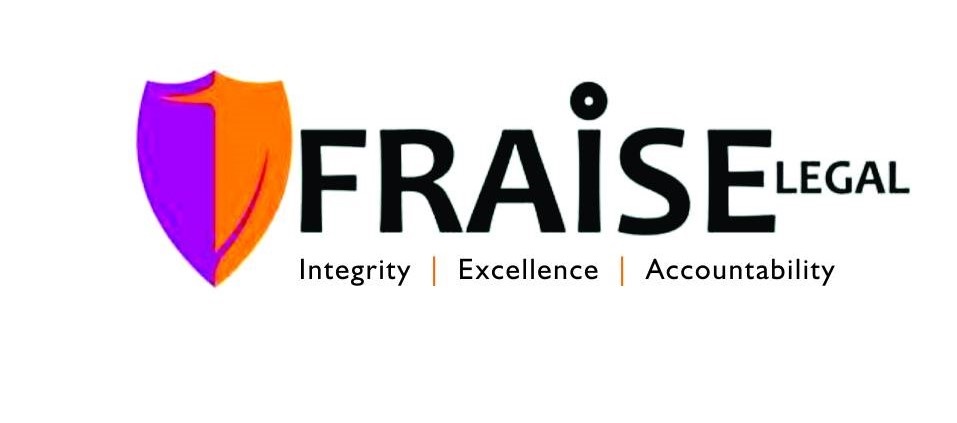Nigerians are said to be the sixth happiest group of people on earth according to 2017 World Happiness Reportalthough that report has not helped or accelerated the country’s development. This ranking has come about, arguably, because of the penchant for Nigerians to settle for anything and everything.
The biggest enterprises in Nigeria – from banking to telecoms, are almost certain that they will get away with almost anything even though Nigeria’s constitution and the statutes applicable to those sectors provide the legal and regulatory framework that ensure companies operating within the shores of the country can be held accountable for any offensive conduct.
Access to timely justice is a critical index for measuring the quality of life ofa people and the level of confidencethat investors (local and foreign)may have in committing their resources within any country.
Although, Class actions as a dispute resolution vehicle is a recent phenomenon within Nigeria, it remains an efficacious tool for resolving mass disputes because it possesses several benefits which include redressing the economic inequalities that may exist between the litigants;promoting a speedier resolution of disputes by combining several suits, that would otherwise have been filed as multiple suits, into one; and reducingthe risk of the judiciary potentially making conflicting findings of fact and law, as it most probably could if it had to determine each cause of action separately.
Unfortunately, althoughfew cases have been initiated as class actions at the Federal High Court of Nigeria, none, however, has been fully litigated and concluded with final judgment delivered to bind the class members and provide judicial guidance for class litigations in Nigeria.
The above sentiments are captured in the book “Class Actions in Nigeria” authored by Uche Obi,SAN, ManagingPartner at Alliance Law firm. Beyond some of the challenges to class actions highlighted above, the learned silk has stated further that “Another deterrent to Class Actions is the growing trend in Nigeria for States, through their Attorney Generals, to take up claims on behalf of a section of the public instead of a certified class action as was experienced in the Pfizer cases.
“Sometimes, in addition to civil proceedings, the States initiate criminal proceedings against culpable persons as experienced in the Pfizer cases.
“This growing trend is perceived in some quarters as capable of undermining the proliferation of class actions in Nigeria. A major back down on this trend is that there is the territorial limitation to the standing of a State Attorney General to act on behalf of individuals and institutions that are not within its State in general terms.”

